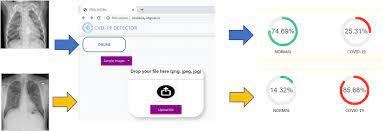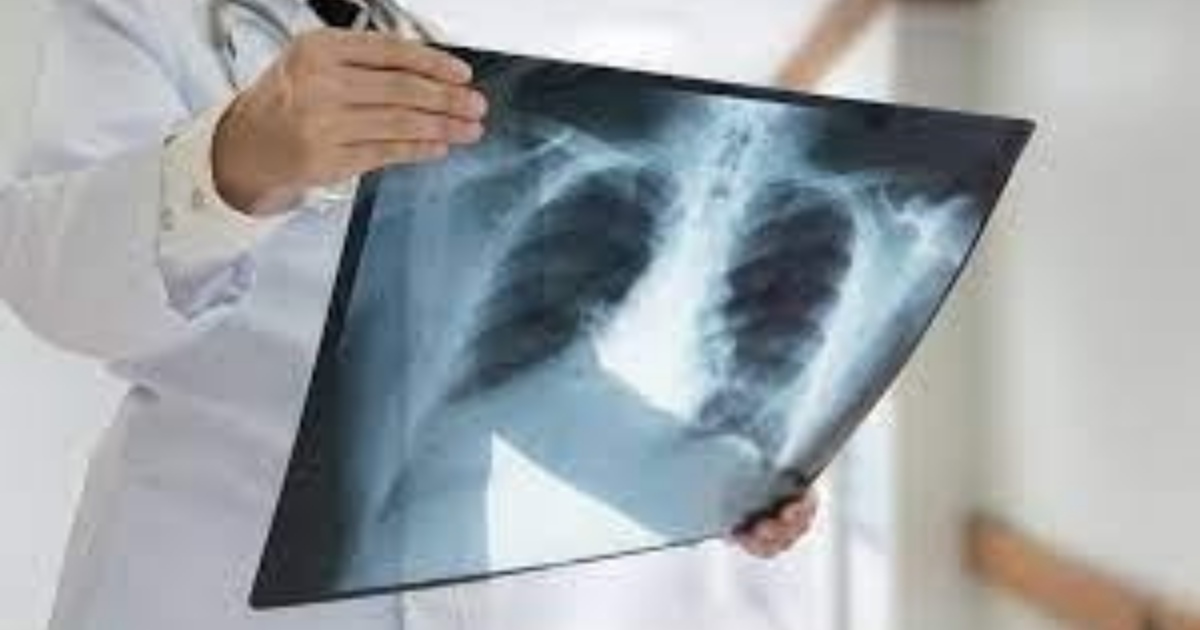
In today’s time where there are limited testing facilities it has become imperative to innovate and create fast and reliable testing techniques so that large number of population can be catered effectively. Keeping this issue in mind, researchers at the Indian Institute of Technology, Gandhinagar have developed an Artificial Intelligence (AI) based deep learning tool for detection of COVID-19 cases from chest x-ray images. This online tool indicates the probability if a person is infected with COVID-19 and thus can be used for quick preliminary diagnosis before the confirmatory medical test is done. The result comes out within seconds of feeding the input x-ray image for analysis.
To carry out the research, the team pooled the data of x-ray images of patients infected with COVID-19 and healthy persons from different sources available on the internet and then trained a machine learning architecture by using deep learning algorithms with these images. The format of any test image of a new person will automatically be transformed and diagnosed using the AI tool. This deep learning model used by the team has 12 layers of neural network that is similar to neurons present in the human brain. The newly developed tool also use images from other lung infections like pneumonia and tuberculosis to ensure the specificity of detection of COVID-19 from other diseases of the lung.
The positives of this new AI tool lies in the facts that it learns the disease diagnosing features from the x-ray images in an automatic way and also it uses simple machine learning architecture that makes it stand out over other such high-tech tools available globally. The team believes that in order to develop a reliable tool , one must use the right combination of algorithms and data. Presently this tool is only indicative and it is necessary to have a clinical consultation to confirm the diagnosis. The aim here is to reduce the burden on medical infrastructure by aiding testing and diagnosis with preliminary results. The IIT team is collaborating with Indian Institute of Public Health (IIPH), Gandhinagar to further test the AI-based tool so that it can soon be made available for wider use.
SOURCE: INDIA TODAY

